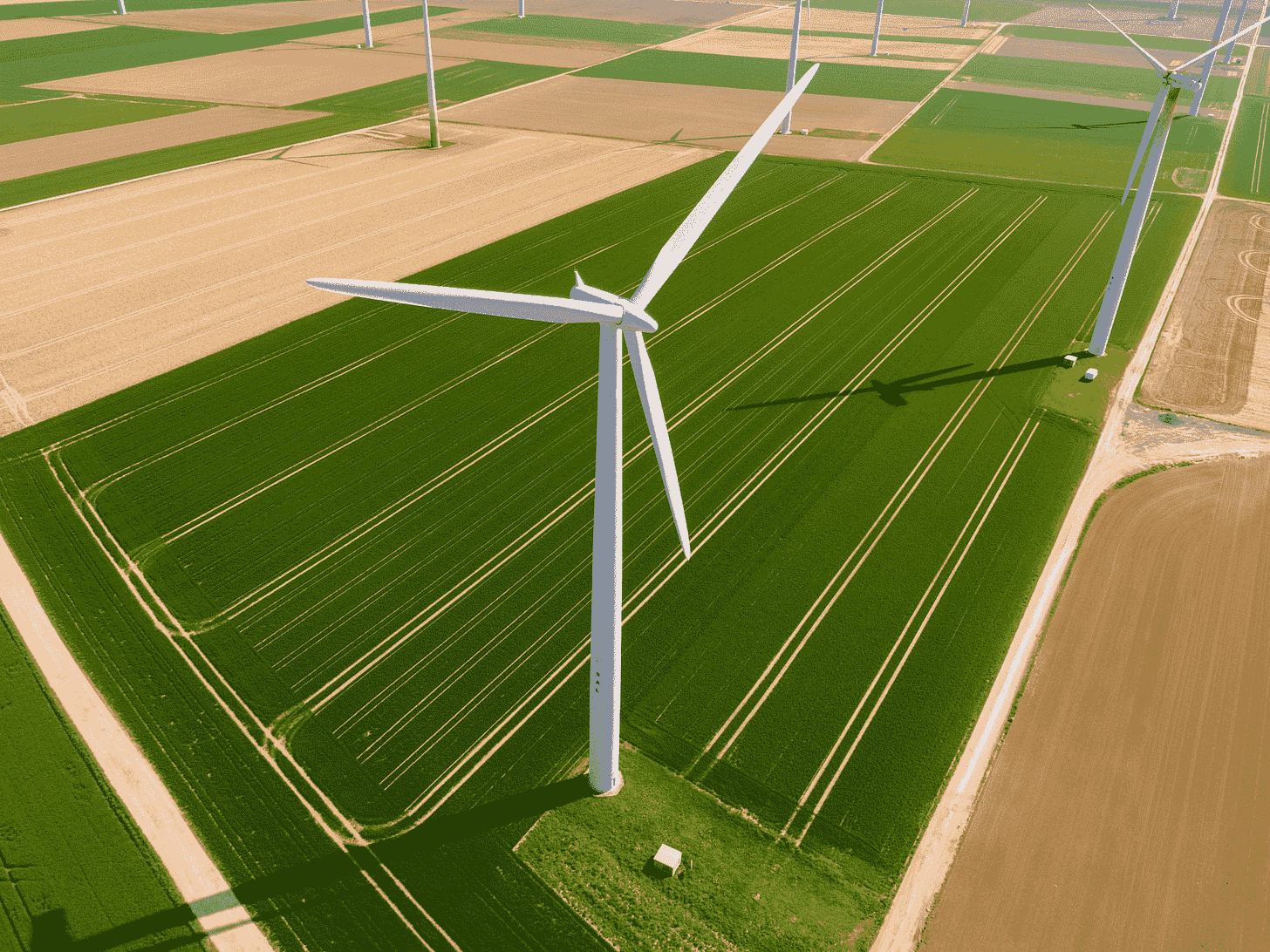Rebecca turns waste cauliflower leaves into Kimchi

Green Entrepreneur
Starting a company was the last thing Rebecca wanted to do, but when her UK visa ran out, she applied for a start-up visa as a solution to stay longer in the country. Now, she is the proud founder of The Ferm.
Rebecca is originally from Gwangju, South Korea, the home to the World Institute of Kimchi. She came to London to study Social Innovation and Sustainable Futures, part of which included enormous research on food waste, food insecurity, and food sovereignty.
Can you tell us briefly about your services?
Kimchi: The Ferm is committed to expanding a low-carbon lifestyle that produces zero-waste vegan Kimchi, by tackling systematic food waste on production and manufacturing levels. We produce a wide range of fermented products made of commonly discarded by-products, such as beetroot and cauliflower leaves. We try to connect with the restaurants, that already have cauliflower on their menu, and arrange to collect the leaves. It does not require a lot of work on their side, just separate the leaves and make them ready to collect.
Workshop: Understanding the trend of rising interest in Kimchi in London, I also offer workshops to learn to cook and experiment with different vegetables that can be fermented.
How did you become interested in making zero-waste vegan Kimchi?
I love experimenting with food. During my study, I collected food insights from farmers, food policymakers, street vendors, and even my family. Then converted the information into a low-waste cookbook. I designed it and collected all the information, about what part is edible, what part is not edible, and how we can change the behavior around the food to divert waste into something edible. Once I got into the zero waste cooking world, I realized so many contents and opportunities and met many people, who are trying to change the world with eating habits. I kind of got hooked.
What do you want to solve with your services?
Around 14% of food produced is lost between harvest and retail around the world. I felt that this is where I can contribute by doing something good. Once the idea got stuck in my head, I ran a series of workshops, where I fermented carrot kimchi, Brussels sprout kimchi, and banana peel caponata. For me, The Ferm is very fulfilling because it represents my ethos, heritage, innovation, love for cooking, creating recipes, and designing everything from the illustration to the website. We hope to create a circular and sharing economy within the UK food systems that are more self-sufficient by bringing culturally diverse and appropriate foods.
Why did you choose circular economy? Why is it important now?
Being Korean, we are taught from a young age to be fast and efficient, notice the things that look uneven, and act upon them. The Ferm is an expansion of my activism— to create a bigger impact in the field of sustainability and to change our eating habits.
I have a very emotional connection to nature. I grew up around soil— so close to nature, and saw my family farming the land. My interest, my knowledge, and all my hard work are accredited by the women in my life and The Ferm is the channel to give them the credit they deserve. I would like to honor them by saving nature, which has given me so much happy memories. A circular Economy is the only way to save nature.
A circular Economy is a solution to stop what may become a disastrous world. Logically, the way things are functioning now does not make sense— the way we are using the land, regenerating the soil, the labor and transport, everything is focused on profit only. It’s not sustainable long term.
What were the challenges along the way? How did you face them?
Mixed reviews about food neophobia, but the important thing is I have full confidence in what I believe. I first let them try my food and the product speaks for me. I get a lot of feedback like it's too spicy, and it’s not sour enough, but I just love making them the way it feels right to me.
Contacting farmers has been and is still quite challenging because they are not quite internet-friendly. So emailing them without any personal connection has been a tremendous challenge.
Kimchi’s lifespan depends upon the temperature. In Korea, we have a designated fridge, specifically for Kimchi and the temperature is set at 1-2°C. If not exposed to air and is kept in the fridge properly, it can be kept for years. This is still a huge challenge for The Ferm that Kimchi we make has to be consumed in a few months
Your tips for growing a company?
Throughout my entrepreneurial journey, I have learned that networking is quite important. I generally go to networking events quite a lot. It's all right to be quite assertive when it comes to chasing people. People hesitate to believe you at first— it’s normal. They may make promises and disappear because they found bigger and better deals but don't take it personally. Don't be afraid to take a chance and be diligent— that helps a lot. Have some role models in your life, mimic them and learn from them. The most important thing is to adapt quickly and don’t hang on to failure too much.
What are your plans in the next 5 years?
Self-improvement for me is very important as I am still learning, and collaborating with more farmers. For The Ferm, the next stage is the expansion of business, scaling up, have a bigger team and kitchen. Later, I will also be looking into automating some of the processes and collaborating with different B2B zero-waste teams.
Visit previous interviews with other Green Initiatives.



